Talk Overview
The size of an organ or organism depends mainly on the sizes and numbers of the cells it contains. In the first segment of my talk, I describe our work on cell size control in cultures of purified rat Schwann cells. Most proliferating cells grow before they divide, but it is not known how growth and division are co-ordinated to ensure that cells divide at an appropriate size. We have found that extracellular signals can control cell growth and cell-cycle progression separately and that the size of Schwann cells at division depends on the signalled rates of both cell growth and cell-cycle progression, rather than on a cell-size checkpoint that monitors cell size.
In the second segment of my talk, I describe our work on cell number control in the rat oligodendrocyte cell lineage. Cell numbers depend on controls on both cell death and cell proliferation. We have found that oligodendrocytes are normally overproduced and kill themselves in large numbers in a competition for survival signals on the surface of the axons that the oligodendrocytes myelinate. Most differentiated cells, including oligodendrocytes, develop from dividing precursor cells that divide a limited number of times before they terminally differentiate, but it is not known what stops cell division and initiates differentiation. We have found that oligodendrocyte precursor cells have an intrinsic timing mechanism that helps determine when they stop dividing and differentiate.
Speaker Bio
Martin Raff

Martin Raff was born and educated in Montreal. He received his BSc and MD degrees at McGill University and did a residency in medicine at the Royal Victoria Hospital in Montreal and in neurology at the Massachusetts General Hospital in Boston. He did postdoctoral training in immunology at the National Institute for Medical Research in… Continue Reading
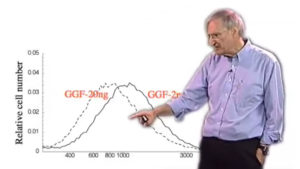
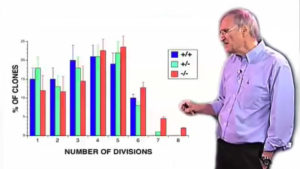
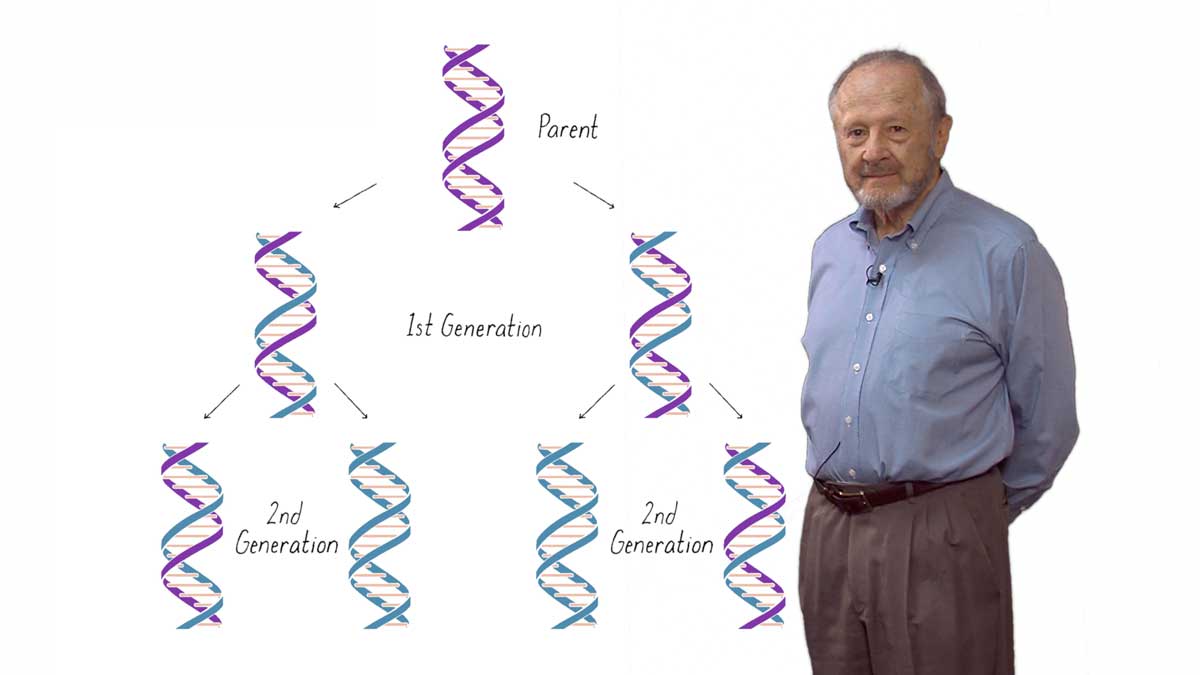
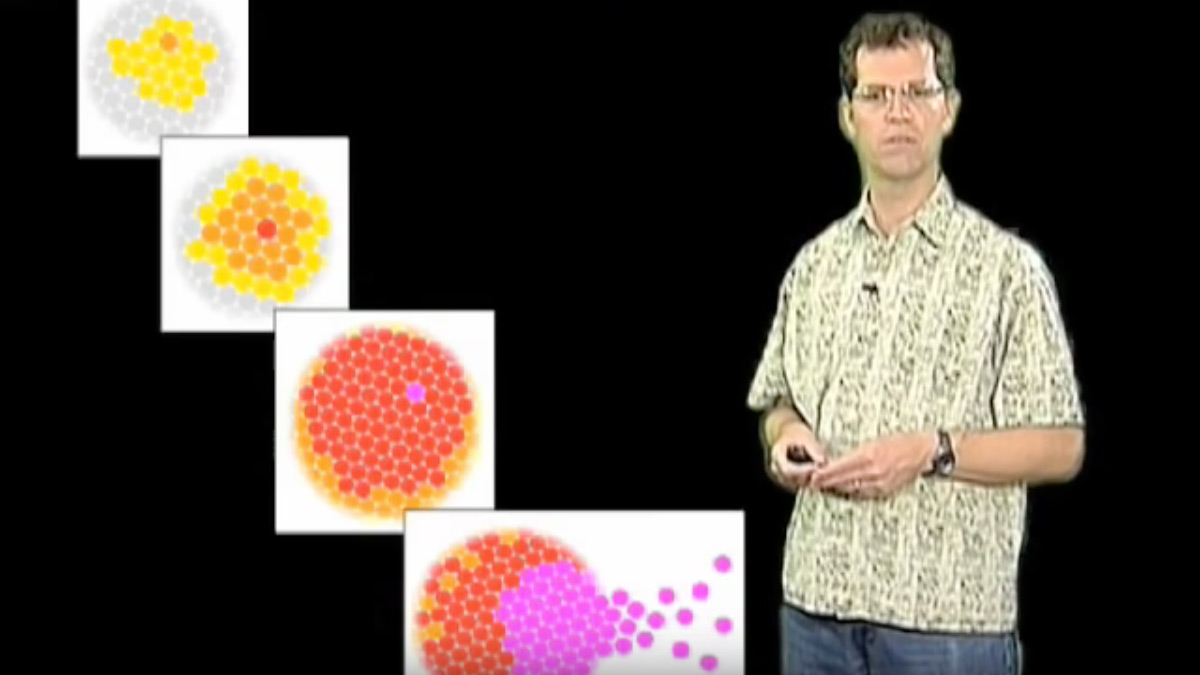

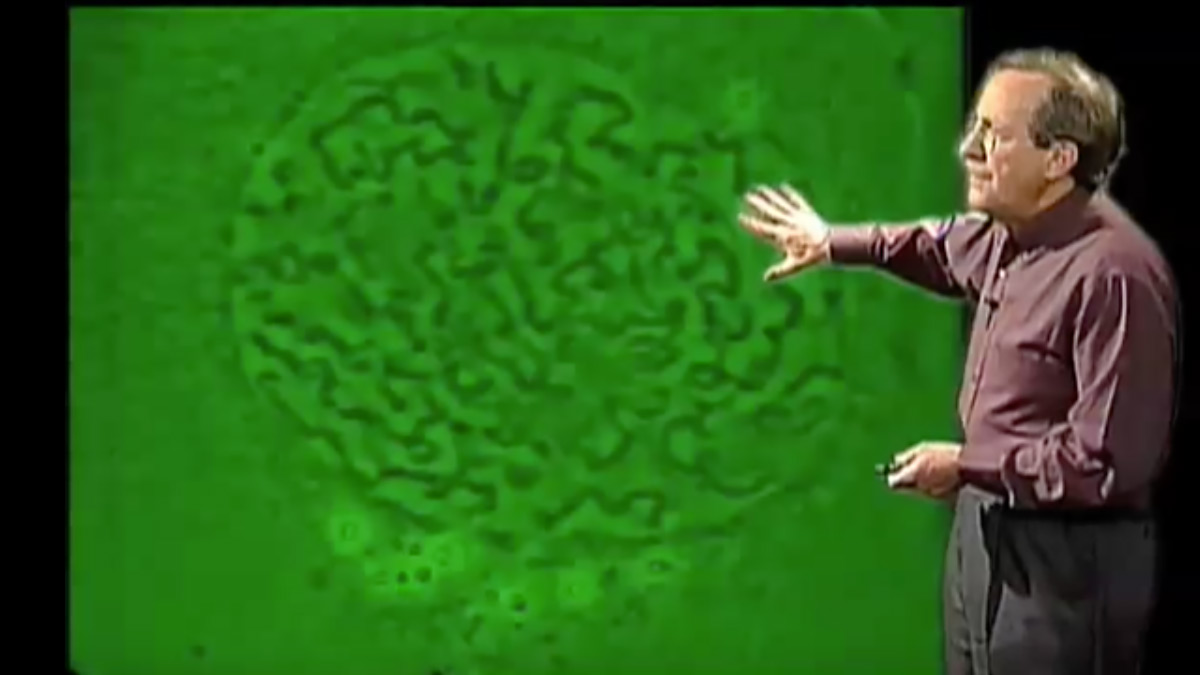





Leave a Reply